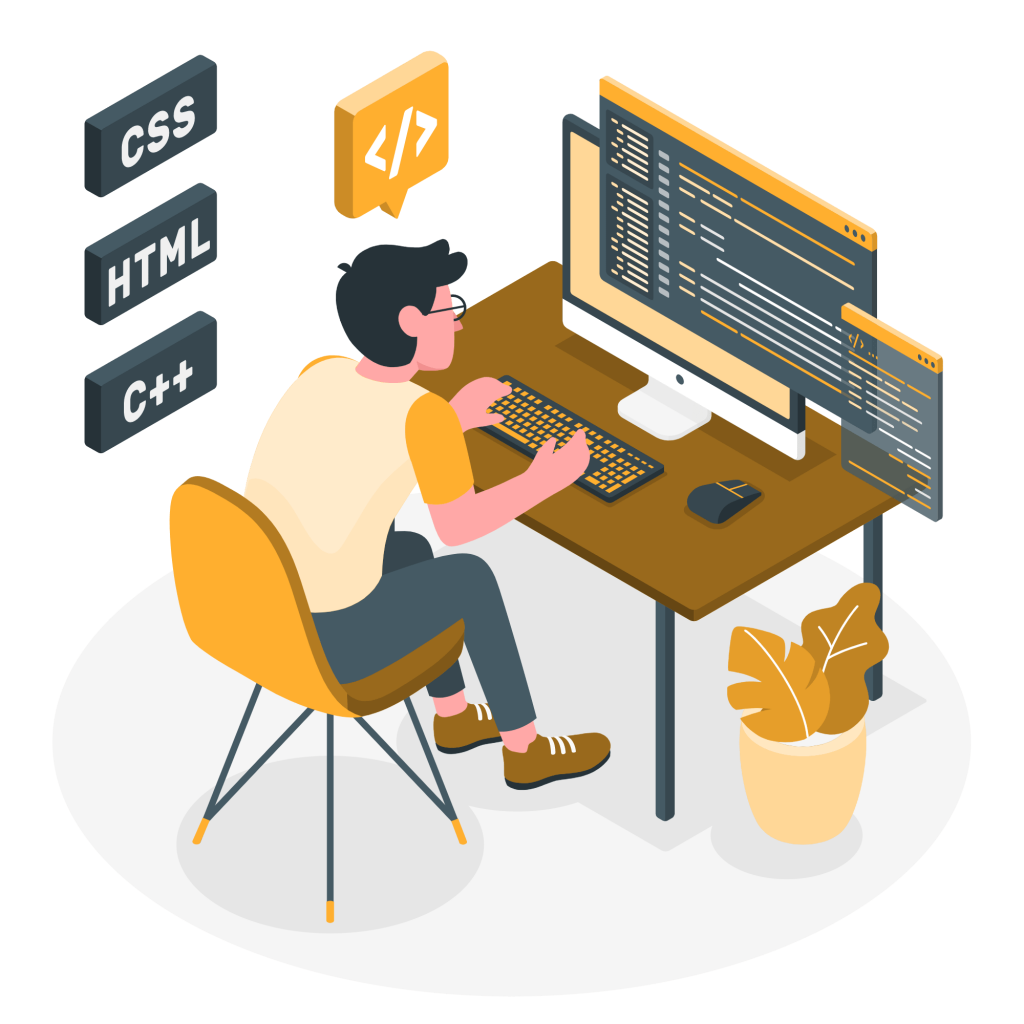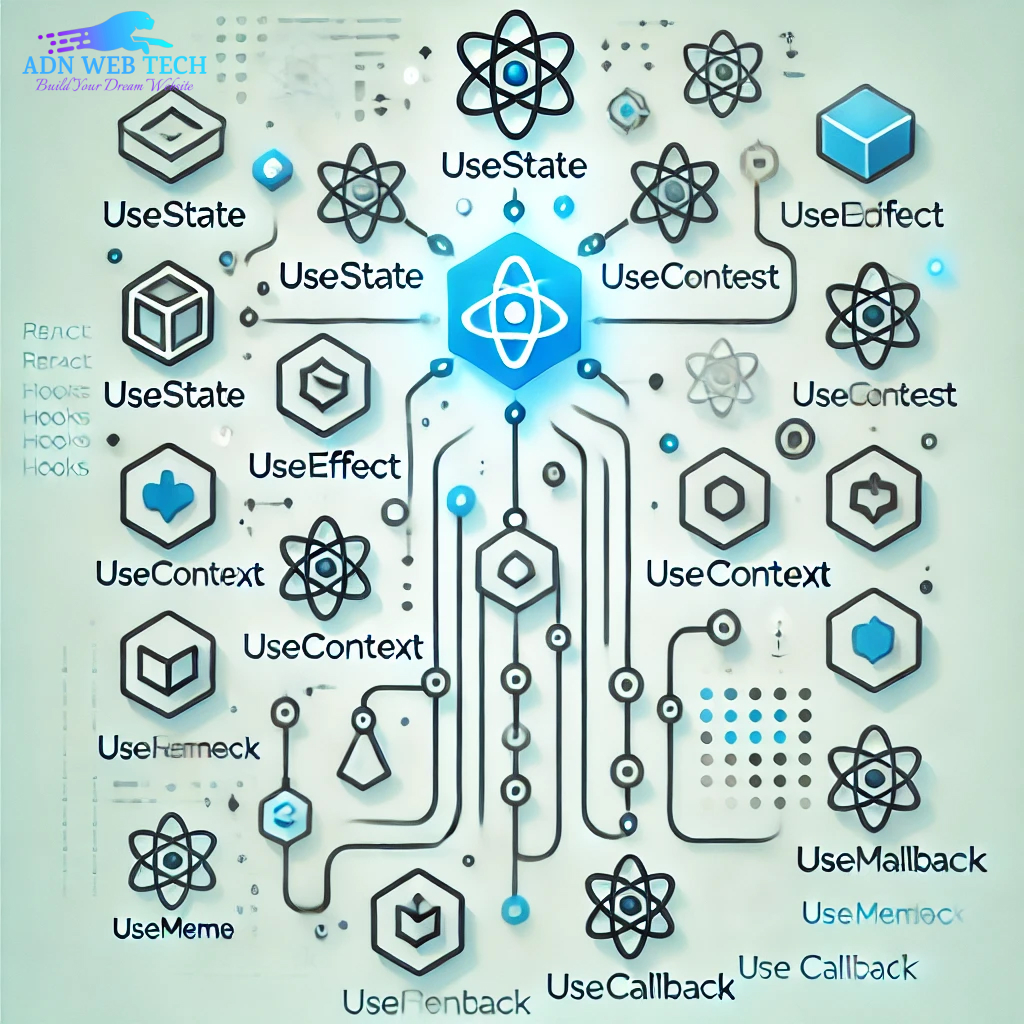
10 Essential Factors to Keep in Mind When Hiring a Professional Designer
1. Introduction
In today's digital age, having a well-designed and user-friendly website is crucial for any business looking to succeed online. Hiring a professional designer can make all the difference in creating a website that not only looks great but also performs seamlessly. However, finding the right designer can be a daunting task with so many factors to consider. From technical skills like frontend and backend development, programming languages like JavaScript, HTML, and CSS, to the latest web development trends and tools, there is a lot to keep in mind. This article will guide you through the 10 essential factors you should consider when hiring a professional designer to ensure you make the best choice for your website development needs.
2. Determine your website goals and needs
Before jumping into the process of hiring a professional designer, it's important to clearly determine your website goals and needs. This step will help you narrow down the pool of potential candidates and ensure that you find someone who aligns with your vision.
Start by asking yourself what you want your website to achieve. Are you looking to increase your brand visibility, generate leads, or sell products online? Understanding your goals will allow you to communicate your expectations effectively to the designer.
Next, consider the specific features and functionalities you require for your website. Do you need e-commerce capabilities, blog integration, or a content management system? By identifying your needs upfront, you can find a designer who specializes in the specific areas you require.
Taking the time to determine your website goals and needs will enable you to outline the requirements clearly when interviewing potential designers. This step is crucial to finding the right professional who can bring your vision to life.
3. Define the required skills and expertise
Once you have clearly determined your website goals and needs, it is important to define the specific skills and expertise required from a professional designer. Different websites have different requirements, and finding a designer who possesses the necessary skills is crucial to achieving your desired outcome.
Consider the design aspects that are important to your brand. Do you need someone who is proficient in creating visually stunning graphics? Or do you require a designer who has experience in user experience (UX) design and can create a seamless and intuitive interface?
It is also important to consider the technical skills that are necessary for your website. Are you using a specific platform or content management system? If so, look for a designer who has expertise in that particular platform.
By clearly defining the required skills and expertise, you can narrow down your search and find a professional designer who is not only experienced but also possesses the specific skills that are essential for your project's success.
4. Evaluate the developer's portfolio and previous work
One of the most important steps in hiring a professional designer is to thoroughly evaluate their portfolio and previous work. Take the time to review their past projects and assess the quality of their designs. Look for diversity in their portfolio, as this indicates their ability to adapt to different styles and aesthetics.
Pay close attention to the websites they have designed in the past. Are they visually appealing? Is the user experience smooth and intuitive? Does their work align with your brand's values and aesthetic? These questions will help you determine if the designer's style and approach are a good fit for your project.
Additionally, consider reaching out to their previous clients or references to gather feedback on their work ethic, timeliness, and ability to meet deadlines. This can provide valuable insights into their professionalism and reliability.
Remember, a designer's portfolio is a reflection of their skills and expertise. Take the time to thoroughly assess their work to ensure you are making the right choice for your website design project.
5. Consider the developer's experience and years in the industry
When looking to hire a professional designer, it's crucial to consider their level of experience and the number of years they have been in the industry. While a fresh perspective can be beneficial, there is something to be said about the value of experience.
An experienced designer will have a deep understanding of design principles, trends, and user behavior. They will have encountered various challenges in their career and will know how to navigate them effectively. Their wealth of knowledge and skills will lead to more efficient and successful projects.
However, it's essential to strike a balance between experience and innovation. A designer who has been in the industry for decades may be set in their ways and resistant to change. Look for someone who has a solid background but also embraces new technologies and trends.
Remember, experience is not solely measured by years in the industry. Look for designers who have worked on projects similar to yours or who have received recognition for their work. Their expertise will contribute to the success of your project, ensuring that your website stands out from the competition.
6. Check for certifications and qualifications
While experience and a strong portfolio are important factors to consider when hiring a professional designer, it is equally crucial to check for certifications and qualifications. Certifications demonstrate that the designer has acquired a certain level of expertise and has undergone formal training in specific design areas.
Certifications can range from industry-specific ones like Adobe Certified Expert (ACE) to more general ones such as Certified Professional in Web Accessibility (CPWA). These certifications indicate that the designer has the knowledge and understanding required to deliver high-quality work.
Additionally, qualifications like a degree in design or a related field can provide further assurance of a designer's skill and knowledge. These educational achievements showcase the designer's commitment to continuous learning and professional development.
By checking for certifications and qualifications, you can have confidence in the designer's abilities, knowing that they have the necessary training and expertise to meet your design requirements.
7. Assess communication and collaboration skills
In addition to certifications and qualifications, another essential factor to consider when hiring a professional designer is their communication and collaboration skills. These skills play a significant role in ensuring a smooth working relationship and successful project outcomes.
Effective communication is crucial in conveying your design objectives and receiving timely updates on the progress of your project. A designer who is responsive and proactive in communication will save you from unnecessary delays and frustrations.
Collaboration is equally important when working with a designer. Look for someone who is open to feedback, receptive to your ideas, and willing to collaborate with you throughout the design process. A designer who values collaboration will not only bring their expertise to the table but also consider your input and vision for the project.
When assessing communication and collaboration skills, consider the designer's responsiveness to your initial inquiries, their ability to explain their design concepts clearly, and their willingness to listen and incorporate your feedback. A designer who excels in these areas will contribute to a successful and enjoyable design experience.
8. Look for problem-solving abilities and attention to detail
Problem-solving abilities and attention to detail are two crucial factors to keep in mind when hiring a professional designer. Design projects often come with challenges and obstacles that require creative problem-solving skills. Look for a designer who has a track record of finding innovative solutions and thinking outside the box.
Attention to detail is also essential in the design process. A designer who pays attention to the smallest details ensures that every aspect of the project is carefully considered. This level of attention ensures that the final design is cohesive, visually appealing, and functional.
To assess problem-solving abilities and attention to detail, ask the designer about previous projects they have worked on and how they tackled any challenges that arose. Additionally, request examples of their work to evaluate their attention to detail in terms of color, typography, spacing, and overall composition.
By selecting a designer who possesses strong problem-solving abilities and attention to detail, you can have confidence in their ability to deliver an exceptional final product.
9. Discuss project timelines and deadlines
When it comes to hiring a professional designer, project timelines and deadlines play a crucial role in ensuring a smooth and efficient workflow. It is important to discuss these factors upfront to avoid any unexpected delays or misunderstandings.
A skilled designer understands the importance of meeting deadlines and will have the necessary project management skills to keep things on track. They should be able to provide you with a clear timeline outlining key milestones and deliverables throughout the project.
During the hiring process, discuss your project's deadline and assess if the designer is comfortable working within the given timeframe. Ask about their workflow and how they manage their time to ensure timely completion of projects.
Remember, effective communication is key. Establishing clear expectations and regularly checking in with the designer throughout the project will help ensure that everything is progressing according to schedule.
By discussing project timelines and deadlines with potential designers, you can ensure a successful collaboration and timely delivery of your project.
10. Consider the developer's pricing and budget
The pricing and budget of a professional designer are important factors to consider when hiring. While it is natural to want to keep costs low, it is equally important to remember that quality often comes with a price.
When discussing pricing, be sure to ask the designer about their rates and if they are offering any packages or discounts. It is also important to inquire about any additional fees that may be included, such as revisions or rush orders.
In terms of budget, make sure you have a clear understanding of how much you are willing to invest in the project and communicate this to the designer from the beginning. This will help both parties establish realistic expectations and avoid any misunderstandings down the line.
Remember, hiring a professional designer is an investment in your project's success. By considering their pricing and budget, you can find the right balance between quality and affordability for your specific needs.
11. Conclusion
In conclusion, hiring a professional designer requires careful consideration of various essential factors. From the designer's pricing and budget to their expertise and portfolio, each element plays a crucial role in determining the success of your project. By keeping these factors in mind, you can make an informed decision and find a designer who not only fits within your budget but also delivers high-quality work. It's important to remember that hiring a professional designer is an investment, and finding the right balance between affordability and quality is key. So take your time, do your research, and choose a designer who aligns with your project goals and requirements. With the right designer by your side, you can bring your creative visions to life.





